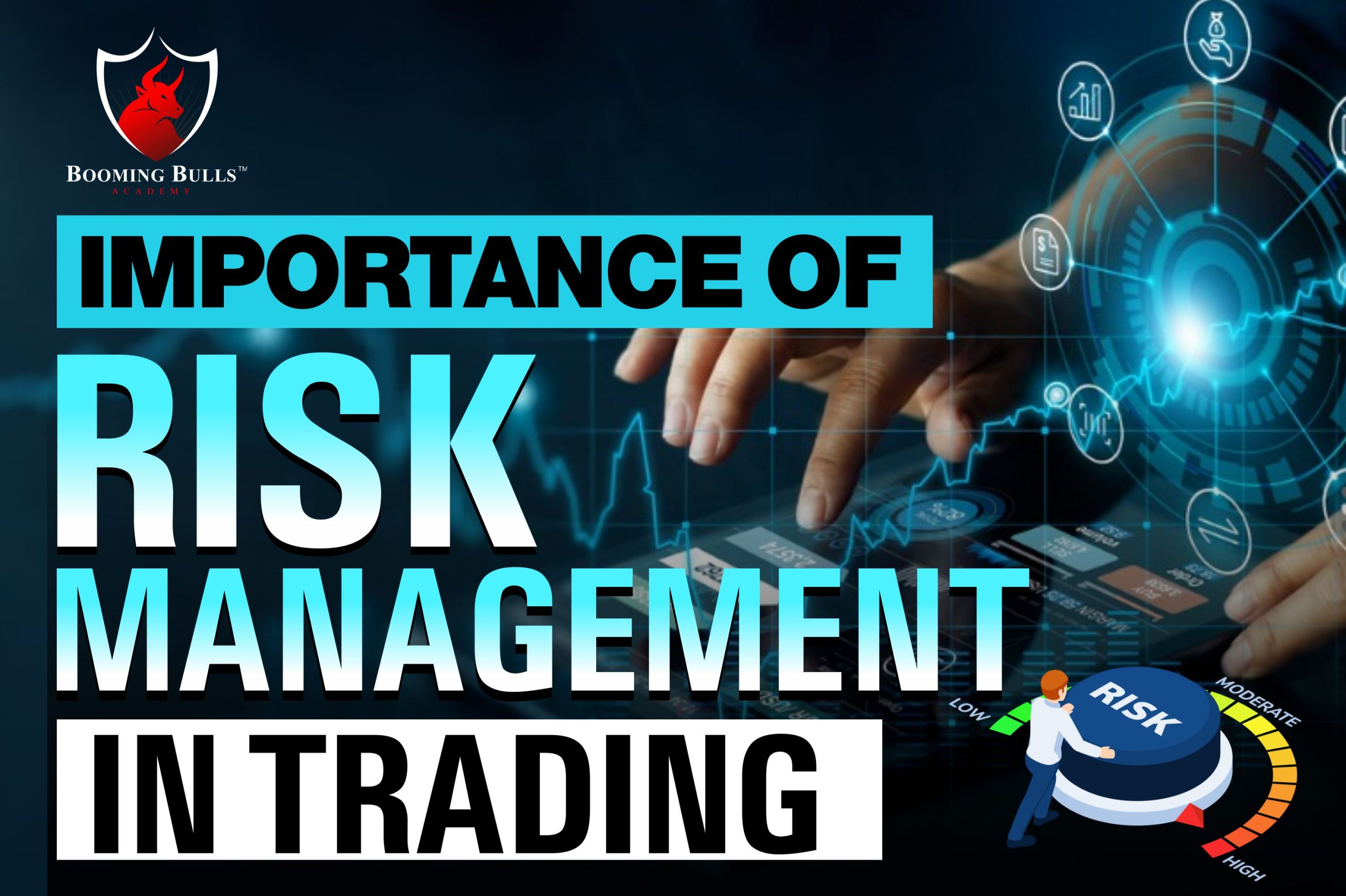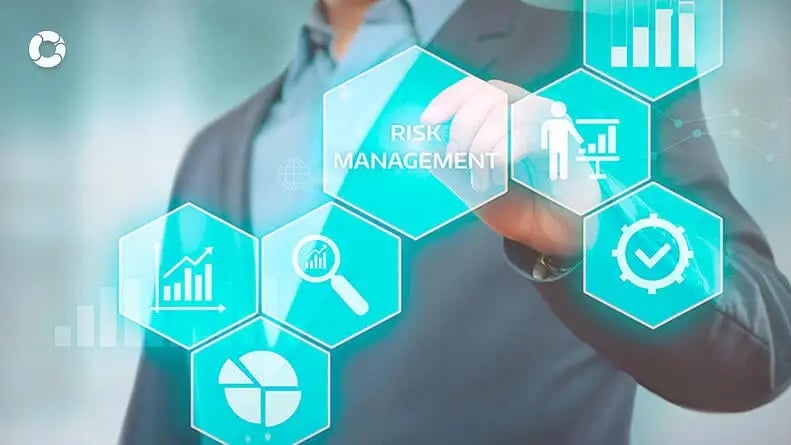Exploring the Enduring Benefits and Importance of Risk Management for Entrepreneurs
Exploring the Enduring Benefits and Importance of Risk Management for Entrepreneurs
Blog Article
Checking out the Importance of Risk Management for Effective Decision-Making Methods
In the detailed world of company, Risk Management arises as an important variable in the decision-making process. The ability to determine possible threats and opportunities, and plan as necessary, can mean the distinction between success and failure.
Recognizing the Idea of Risk Management
Risk Management, an important element in decision-making, is usually misunderstood or oversimplified. Typically, it refers to the recognition, analysis, and prioritization of dangers to decrease, keep track of, and manage the possibility or influence of unfavorable events. It's not simply concerning avoiding adverse results, yet likewise concerning acknowledging possible possibilities. Risk Management includes regimented and organized methods, using data and informative analyses. It requires an extensive understanding of the organization's context, goals, and the prospective threats that might prevent them. From financial unpredictabilities, lawful obligations, tactical Management mistakes, to mishaps and natural calamities, it attends to different dangers. Importantly, effective Risk Management is not stationary; it's a continual, progressive procedure that develops with transforming situations.
The Role of Risk Management in Decision-Making Processes
In the world of strategic planning and organization operations, Risk Management plays an integral role in decision-making procedures. Risk Management hence becomes a crucial tool in decision-making, assisting leaders to make enlightened selections based on a comprehensive understanding of the risks included. Risk Management offers as an important element in the decision-making processes of any kind of organization.

Exactly How Risk Management Enhances Strategic Preparation
In the context of strategic preparation, Risk Management plays a crucial duty. Starting with the identification of possible dangers, it additionally reaches the implementation of Risk mitigation measures. The duty of Risk Management is dynamic yet not static, as it demands consistent tracking and adjusting of strategies.
Recognizing Prospective Risks

Implementing Risk Mitigation
Risk mitigation methods can vary from Risk avoidance, Risk transfer, to take the chance of reduction. Each strategy ought to be tailored to the specific Risk, considering its potential impact and the company's Risk tolerance. Efficient Risk mitigation requires a deep understanding of the Risk landscape and the possible impact of each Risk.
Surveillance and Changing Techniques
Though Risk reduction is an important action in tactical planning, continual tracking and modification of these techniques is just as crucial. This continuous process permits companies to determine new dangers and reassess existing ones, ensuring the carried out strategies stay reliable in the ever-changing company atmosphere. It also offers a possibility to evaluate the success of the Risk Management measures, enabling adjustments to be made where needed, more enhancing strategic planning. Reliable tracking and change require the usage of analytics and vital performance indications (KPIs) to measure effectiveness. These devices provide useful data-driven understandings that can inform calculated decision-making. Therefore, surveillance and adjusting Risk Management methods is a vital component for boosting an organization's strength and strategic preparation.
Instance Studies: Effective Risk Management and Decision-Making
In the globe of service and money, effective Risk Management and decision-making frequently act as the columns of thriving enterprises. One such entity is an international oil company that minimized economic loss by hedging versus varying oil rates. In one more instance, a technology start-up flourished by recognizing and accepting high-risk, high-reward strategies in an important link unstable market. A worldwide financial institution, confronted with governing unpredictabilities, successfully navigated the scenario via positive Risk analysis and vibrant decision-making. These cases highlight the value of sharp Risk Management in decision-making procedures. It is not the absence of Risk, but the Management of it, that usually separates successful companies from not successful ones. These cases highlight the essential role of Risk Management in tactical decision-making. importance of risk management.
Tools and Strategies for Reliable Risk Management
These devices, such as Risk signs up and heat maps, help in recognizing and evaluating potential dangers. Risk action techniques, an essential element of Risk Management, include approving, avoiding, transferring, or mitigating threats. With these strategies and devices, decision-makers can browse the facility landscape of Risk Management, thus assisting in informed and effective decision-making.
Future Patterns in Risk Management and Decision-Making Strategies
As we check out the large landscape of Risk Management, it ends up being apparent that the devices and methods made use of today will proceed to evolve. The principle of Risk culture, where every member of a company is mindful and included in Risk Management, will certainly acquire a lot more importance. These trends declare an even review more comprehensive and proactive approach in the direction of Risk Management and decision-making.
Verdict

Risk Management hence ends up being a vital tool in decision-making, assisting leaders to make informed options based on a detailed understanding of the dangers included. Risk reduction techniques can range from Risk avoidance, Risk transfer, to take the chance of reduction (importance of risk management). Effective Risk mitigation requires a deep understanding of the Risk landscape and the prospective impact of each Risk. Risk feedback methods, an essential component of Risk Management, entail accepting, staying clear of, moving, or mitigating risks. The principle of Risk society, where every member of a company is conscious and involved in Risk Management, will certainly acquire much more prominence
Report this page